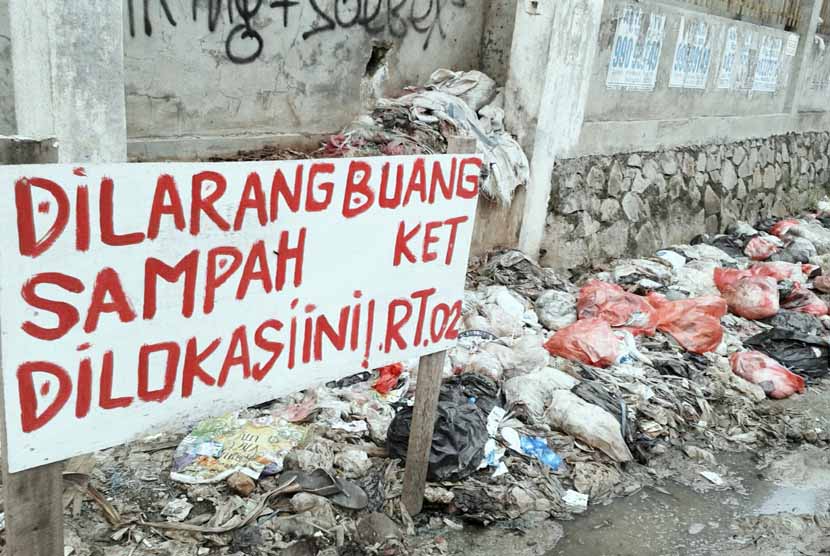REPUBLIKA.CO.ID, JAKARTA -- The government has issued Presidential Regulation No. 18 of 2016 on waste-based power plants to accelerate the plan to process waste into energy, according to an Energy and Mineral Resources Ministry's official.
"Remove trash from cities, and utilize it to generate electricity as a bonus," the ministry's Director General for New and Renewable Energy and Energy Conservation, Rida Mulyana, stated here on Tuesday.
Mulyana made the remark during a function to launch a handbook on the familiarization of the regulation on utilizing waste to produce energy.
Mulyana emphasized that globally, the waste problem was linked to social issues, health, and the environment, for instance, related to garbage, which was the source of pollutants.
So far, he noted that various parties had spent a significant amount of time to manage waste, and the waste problem was also brought into the political sphere.
Further, Mulyana added that the government was committed to reducing carbon dioxide emissions and delivering three programs: the reform of subsidy, accelerated utilization of new and renewable energy, and the acceleration of the "waste-to-energy" program.
"The government is seriously pushing this program, and the regulation is complete. The coordinating ministry has issued the derivative regulation," he remarked.
Mulyana pointed out that as many as seven cities --- Jakarta, Bandung, Tangerang, Semarang, Surakarta, Surabaya, and Makassar --- had been chosen for the implementation of the pilot project.
The Chamber of Commerce and Industry (Kadin) was earlier seeking more innovative policies to address energy issues, especially due to the presence of several sources of renewable energy in Indonesia.
"Access to energy is still limited, and electricity (production) is still minimal; hence, innovations are needed to solve our energy problems," Kadin Vice Chairman for State Enterprises Adi Satria Sulisto affirmed.
Sulisto explained that the issue arose due to the limited supply of energy amid increasing community needs, and it should be the primary concern of all circles to create new innovations from alternative energy sources in Indonesia.
According to Sulisto, the various alternative sources of energy in the country are hydropower, biogas, wind, and geothermal, among others.


